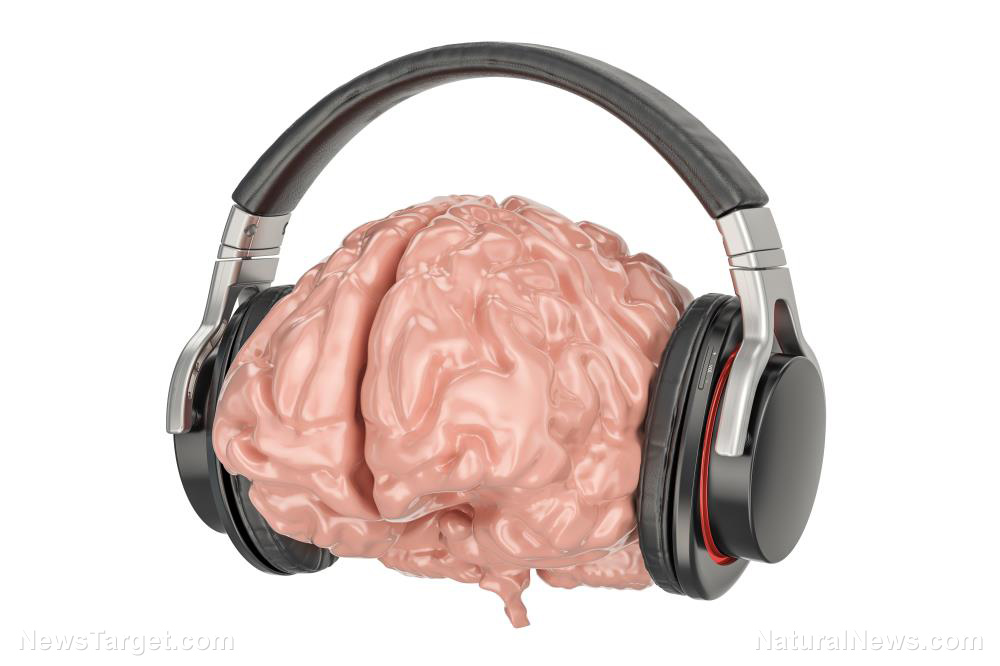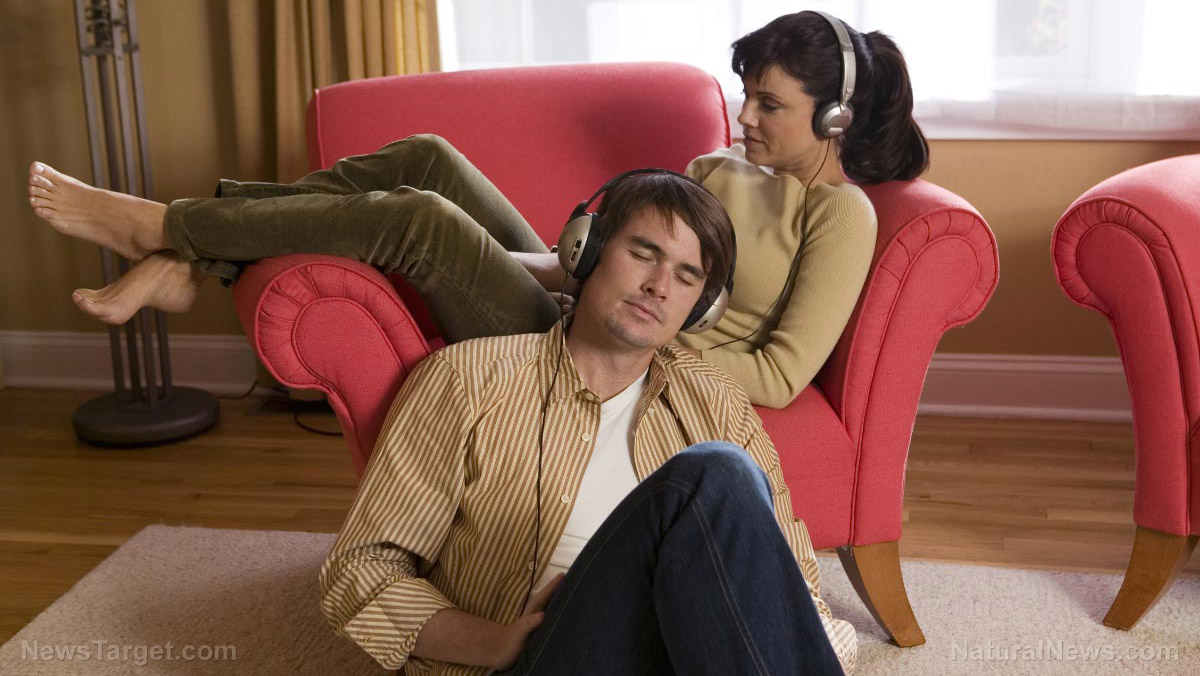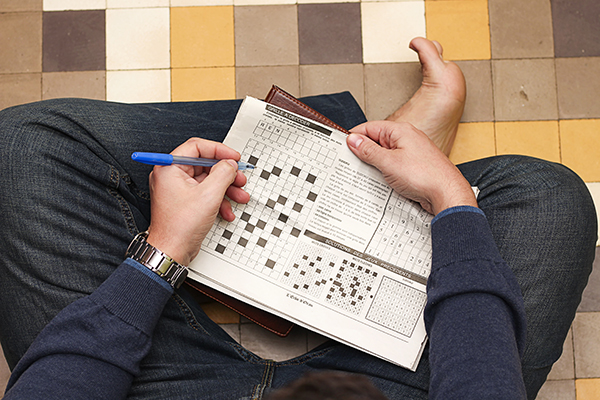Study: Why are sleep problems linked to greater risk of heart attack and stroke?
12/10/2019 / By Darnel Fernandez

Everybody needs proper rest to allow the mind and body to rejuvenate. While a good night’s sleep is important for overall health, it is particularly crucial for the health of a person’s heart. Recent evidence suggests that inadequate sleep could lead to heart problems.
A study published in the journal Psychosomatic Medicine found that low sleep efficiency is linked to high blood pressure. This finding may be considered an explanation for the relationship between sleep problems and increased risks of heart attack and cardiovascular disease mortality.
Sleep is a matter of the heart
Previous studies have established a connection between poor sleep and cardiovascular-related problems, but none of them have thoroughly explored the reason behind this link. In the current study, researchers from the University of Arizona examined the associations between blood pressure and objective sleep duration and efficiency.
“Blood pressure is one of the best predictors of cardiovascular health,” said lead study author Caroline Doyle, a graduate student at the University of Arizona Department of Psychology. “There is a lot of literature out there that shows sleep has some kind of impact on mortality and on cardiovascular disease, which is the No. 1 killer of people in the country. We wanted to see if we could try to get a piece of that story – how sleep might be impacting disease through blood pressure.”
The researchers recruited a diverse community sample of 300 men and women from the North Texas Heart Study, aged 21 to 70 years old. The participants were tasked to wear portable blood pressure cuffs for two consecutive days, which randomly recorded their blood pressure during 45-minute intervals throughout the day, including overnight. At night, the researchers asked the participants to wear actigraphy monitors – which are wristwatch-like devices used to measure movement – to figure out their “sleep efficiency” or the time they spent sleeping soundly. (Related: Research links sleep habits to heart disease: Are you getting the right amount of quality sleep?)
Overall, sleep duration results paralleled the results from sleep efficiency. The researchers observed that participants with lower sleep efficiency had higher blood pressure during the restless night. In addition, these participants also had a much higher systolic blood pressure – referring to the top number in a patient’s blood pressure reading – the following day.
According to study co-author John Ruiz, University of Arizona associate professor of psychology, their study reinforces the importance of a good night’s sleep and the fact that it’s not just about the time spent in bed, but also the quality of one’s sleep. To encourage a good night’s sleep, Ruiz recommends making simple lifestyle changes, as well as being proactive on getting good sleep. One example he mentioned is keeping your mobile phone in a different room to prevent distractions before going to bed.
Those with chronic sleep troubles can look toward cognitive behavioral therapy for insomnia or CBTI. Doyle says this type of therapy is slowly gaining traction and is highly recommended by both the American College of Physicians and the American Academy of Sleep Medicine as their first line of treatment for insomnia.
In conclusion, while more research is needed to further understand the relationship between poor sleep and blood pressure, both Doyle and Ruiz hope that their findings can help shed light on how important sleep is for heart health.
“This study stands on the shoulders of a broad literature looking at sleep and cardiovascular health,” Doyle said. “This is one more study that shows something is going on with sleep and our heart health. Sleep is important, so whatever you can do to improve your sleep, it’s worth prioritizing.”
Sources include:
Tagged Under: heart attack, heart disease, heart health, high blood pressure, insomnia, poor sleep, prevention, research, sleep deprivation, Sleep efficiency, stroke
RECENT NEWS & ARTICLES
COPYRIGHT © 2017 MIND BODY SCIENCE NEWS



















